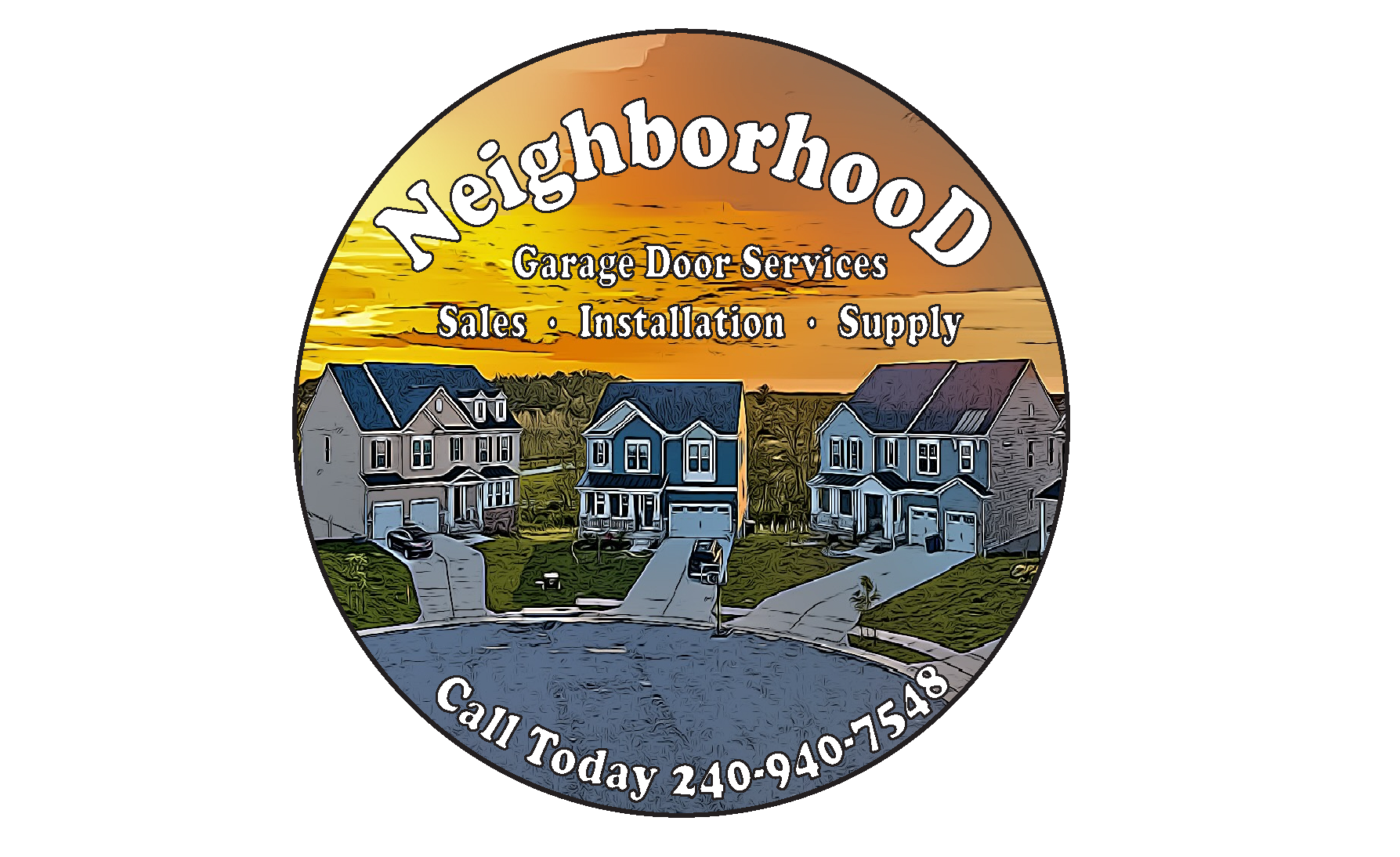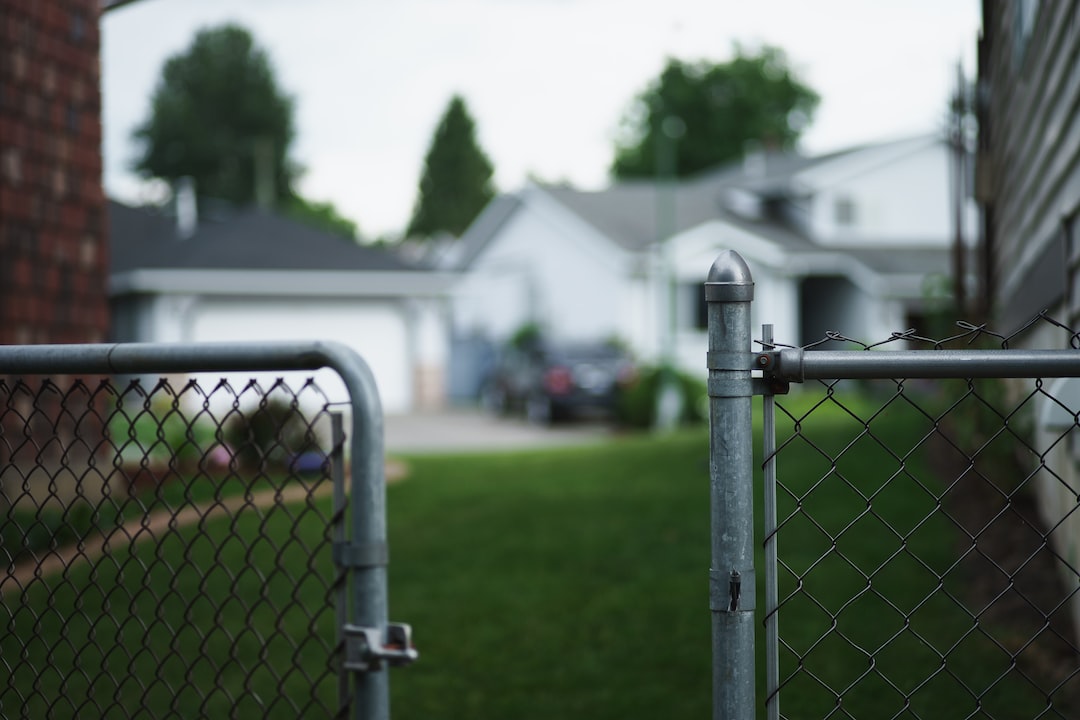The Positive Impact of Green Spaces in Urban Neighborhoods
Green spaces, such as parks, gardens, and public squares, offer numerous benefits to urban neighborhoods. While we often associate cities with concrete structures and bustling streets, the presence of green spaces can significantly enhance the quality of life for residents. These areas provide a peaceful sanctuary from the hustle and bustle of city life and have a positive impact on both physical and mental well-being.
One of the key advantages of green spaces is their ability to encourage physical activity. In urban areas, it can be challenging to find suitable spaces for exercise and recreation. However, parks and open green areas provide an ideal environment for people to engage in physical activities such as walking, jogging, cycling, or playing sports. The availability of these spaces promotes a healthier lifestyle and helps combat sedentary behavior, contributing to a reduction in the prevalence of diseases like obesity and heart disease. Moreover, these active individuals are more likely to lead happier and more fulfilled lives as exercise releases endorphins, known as the “feel-good” hormones.
In addition to the physical benefits, green spaces have a positive impact on mental health. Research consistently indicates that exposure to nature reduces stress, anxiety, and depression. The tranquility and natural beauty found in green spaces create a calming effect, which can be particularly beneficial in urban areas where stressors abound. Taking a walk in a park after a long day or simply spending time surrounded by nature helps individuals unwind and relax. The presence of green spaces can also improve social cohesion within communities by providing a gathering place for neighbors to interact and build relationships.
Furthermore, green spaces contribute to the overall environmental health of urban neighborhoods. They act as natural air filters by absorbing pollutants, such as carbon dioxide and fine particulate matter, and releasing oxygen. This not only improves air quality but also helps mitigate the effects of climate change. Additionally, the presence of vegetation in urban areas helps regulate temperatures, reducing the urban heat island effect. This is particularly important in cities where the abundance of concrete and asphalt can lead to higher temperatures.
To maximize the positive impact of green spaces, it is crucial to maintain them properly. Regular maintenance ensures that these areas remain clean, safe, and inviting for residents to use and enjoy. Municipalities should invest in the upkeep of these spaces, including the provision of amenities, such as benches, playgrounds, and proper lighting. Additionally, the community should be encouraged to take ownership by organizing clean-up events and reporting any issues promptly. A well-maintained green space not only serves as a source of pride for the neighborhood but also enhances its desirability and property values.
In conclusion, green spaces have a transformative effect on urban neighborhoods. They promote physical activity, improve mental well-being, and contribute to environmental health. The positive impact of green spaces on residents cannot be underestimated. It is essential for communities, local governments, and individuals to recognize the value of these spaces and invest in their maintenance. So next time you need a break or want to repair it in the garage, head to your nearest park or green space and let the positive effects on your well-being envelop you.
************
Want to get more details?
Garage Door Repair
https://www.neighborhood-gds.com/
2409407548
206 Congressional Ln
https://www.neighborhood-gds.com/

